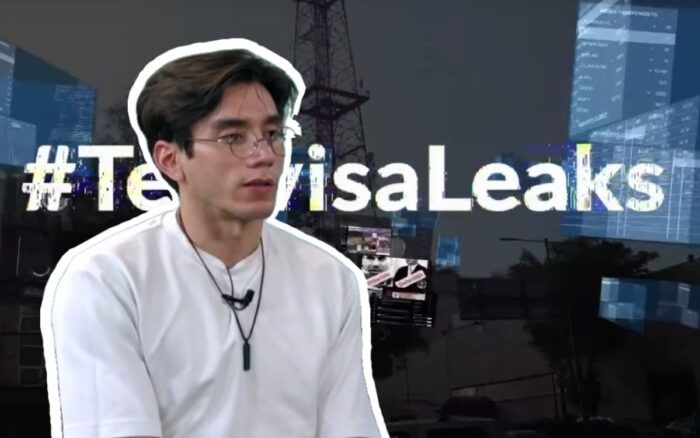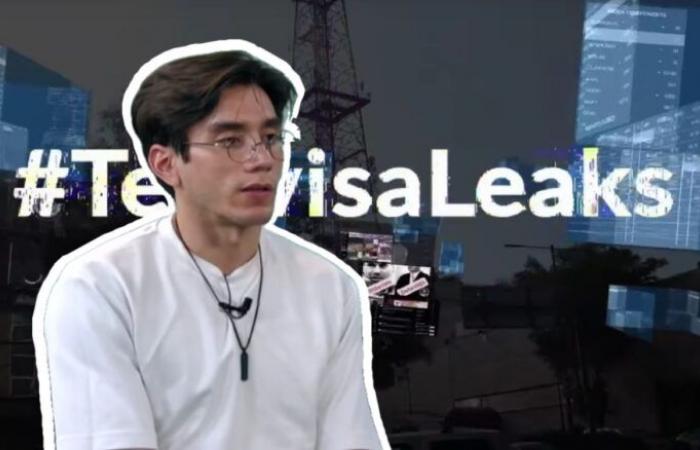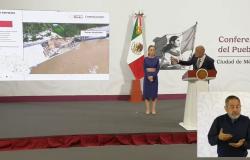April 28, 2025, Aristegui News revealed a massive filtration of internal data from Televisa, known as televisaleaks. This information exposes how the company used its media power to manipulate public opinion and favor political interests.
Beyond the revealed information, for the network in defense of digital rights (R3D) this case highlights the lack of legal protection for those who denounce acts of corruption In Mexico.
After having filtered the information and sharing your testimony during Aristegui liveGermán Gómez faced Personal attacks. Besides, Javier Roof Dondé, Vice President of the Televisa Information Office, He accused him of theft and leaked his home in the media.
3d states that this strategy of attacking the messenger instead of addressing the message It is common in cases of corruption complaints.
The network in defense of digital rights explains in a statement that in Mexico Current legislation does not recognize the alert figurewhich leaves people who denounce acts of corruption vulnerable to reprisals.
Therefore, the organization points out, without a law that protects alerters, These are helpless and unprotected, which can inhibit the denunciation of acts of corruption and human rights violations. In addition, the lack of adequate protection mechanisms can lead to alerters opposite harassment, defamation and even threats to their safety.
R3D points out that it is Urgent adopt a national alerter laws that provide effective protection to those who denounce acts of corruption and human rights violations. This law must guarantee safe channels of denunciation, physical and psychological protection, and sanctions to those who fire or defame alerters. Besides, You must avoid the criminalization of those who expose information of public interest and provide work protections against reprisals.

The association recalls that Countries like Ireland have significantly reduce public funds After approving laws that protect the complainants.







